Think pasta, noodles and cookies and no, you don’t have to think of only refined flour or wheat flour. Millets are now an acceptable alternative when making these foods. This millet makeover story has been facilitated largely because of the significant role played by the Hyderabad-based pioneering institute ICAR-Indian Institute of Millet Research (IIMR) over the past few years.
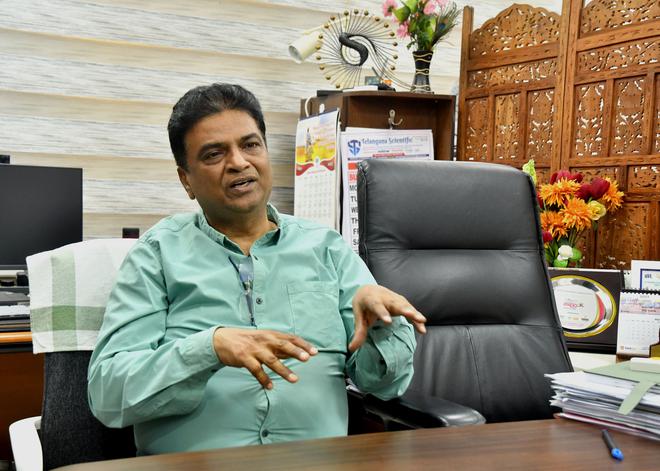
There is much excitement at this institute in Rajendra Nagar as it seeks to revive the use of forgotten grains into our diets in 2023, the Year of Millets. The G20 Technical Excursion visit, a three-day event from June 15-17 with a delegation from the G20 countries, is currently on at the premises, including stalls displaying ice cream, chikkis, porridge mixes, khakra and laddoos — all made of millets — by 30 startups.
Millets in mid-day meal
This June, millets find new consumers at state-run schools in Telangana. School students can have ragi java (finger millet porridge) and ragi khichdi besides the regular rice, dal, sambar, and vegetable curry in their mid-day meal. As per reports, the Telangana State government has added this millet power to address the problem of malnutrition and anaemia among children. As part of multi-stakeholder engagement in Telangana, Nutrihub has collaborated with TS Agros through entrepreneurship development in millet processing and value addition. They also work with the Women Development and Child Welfare Department (WCDW) to promote millets in Integrated Child Development Services (ICDS) and mid-day meal (MDM) programs. ICAR-IIMR is contributing towards policy advocacy for mainstreaming millets through MDM in Telangana.
Nutrihub — ICAR-IIMR’s technology business incubator for millet start-ups — is focused on creating new technologies that are also profitable agri-business ideas for small and medium business enterprises. B Dayakar Rao, principal scientist IIMR and director and chief executive officer of Nutrihub looks back at the journey that started at a zero level in 2018 and says, “The focus was primarily the farmer.”
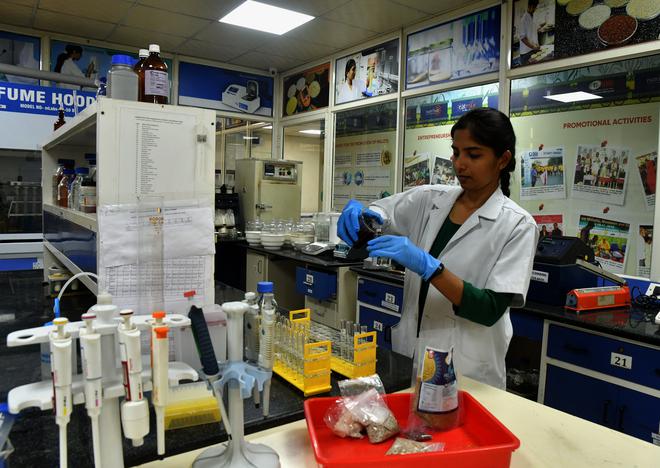
Millets have come a long way, through a journey from being a poor man’s food grown by farmers for their own consumption, to becoming a commercial commodity driven by health concerns. Its growth story is the result of a sustainable value chain built by the R&D team of ICAR-IIMR. “With lifestyle diseases, iron deficiency, malnutrition and hidden hunger (a form of micronutrient deficiency) , more people are moving towards millets,” points out Dayakar
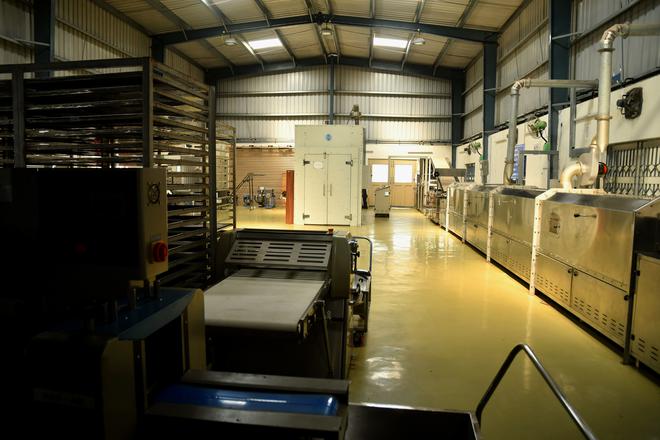
The Centre of Excellence on the premises has a laboratory and a kitchen where research associates try and test new recipes such as little millet khichdi, sorghum khakra and ragi soup. Over five years of research, scientists have transferred technologies to produce value-added food products from major millets — finger millet (ragi), sorghum (jowar) and pearl millet (bajra) — and minor millets such as kodo millet (kodo) foxtail millet (kangni), proso millet (cheena), little millet (sama) and barnyard millet (sanwa).
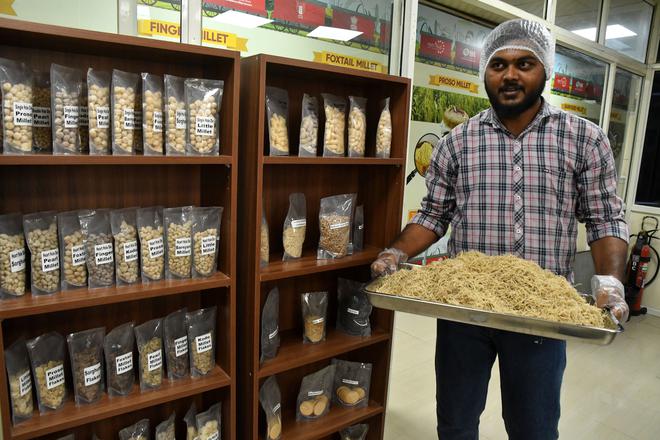
ICAR-IIMR promotes sorghum for brewing beer. They focused on the use of sorghum grits as adjuncts for the preparation of lager beer, for a pilot study at Hindustan Breweries Limited in 2019. They also experimented with sorghum for different alternatives in 2018. “The seed began from the farmer level but we followed it up with processing and aggregation. It is not like cotton which is primarily a commercial crop. Scientists worked on the forward and backward integration to build a value chain around it,” points out Dayakar.
The support of the Indian Tobacco Company (ITC) and the National Institute of Nutrition (NIN) led to out-of-the-box thinking behind the diversification process. Since millets do not have the gluten-free protein that helps in binding (hence not suitable for processing), scientists worked on the starch present in them and added hot water to the flour to make it gelatinized and give it a structure. This hydrothermal treatment eases the process of making the roti. “This unique contribution made us diversify the solution technologies.,” shares Dayakar, adding that several such technologies have been developed by ICAR-IIMR.
This technology in product development specifies parameters like raw material quantity, processing, machinery, temperature, water and formulations in a standardised form. This ready-to-use guide reduces the R&D for start-ups in the food processing/product space.
The number of incubating start-ups has also risen significantly thanks to ICAR-IIMR. While around 300 start-ups from across the country used incubation facilities in a span of five years, in the last two years more than 100 have incubated. Currently, 267 startups are incubating at Nutrihub which offers virtual ( ₹50,000) and physical incubation (₹80,000) for one year. The physical incubation facilities provide cabin space, training to staff and state-of-art machinery to process, clean, grade, de-stone and dehull and in flaking, puffing and extrusion technology. Over 66 technologies developed to date have been used to create millet-based cookies, flakes, vermicelli, pasta, muffins, noodles and ready mixes.
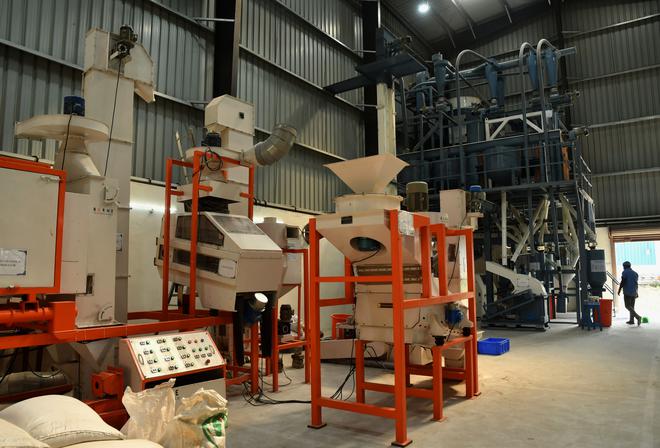
A new technology in the pipeline is a millet-based analogue rice or artificial rice using cold fusion extrusion technology that could be fortified with micronutrients.
Apart from creating a range of products under its Eatrite brand, Nutrihub works with stakeholders such as Nestle, PepsiCo, Marico, ITC, Britannia and Apollo Hospitals. While it hosts programs to support the millet start-up eco-system, the institute also conducts millet expos and carnivals and has curated programmes with Karnataka, Chhattisgarh and Rajasthan state governments.







